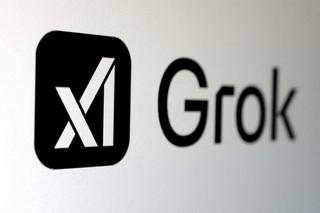Ikea has stated ahead of the World Economic Forum’s annual conference that it will keep to planned price cuts despite Red Sea shipping interruptions driving up prices.
According to Reuters, the CEO of Ingka Group, Jesper Brodin, which owns the majority of Ikea shops worldwide, stated that price pressures had lessened, so the company would continue to planned price cuts this year.
Broden acknowledged “quite significant deflation” upstream in its supply chain at the World Economic Forum in Davos, Switzerland. This means Ikea’s input prices are now cheaper, allowing the business to pass on savings to consumers.
Ikea also has enough inventory to cover price increases caused by supply chain disruptions, according to Brodin.
He said, “Given the financial pressures on consumers, this is not the year for us to optimize profits, this is a year to try to navigate on a thinner profit, but to make sure that we support people.”
While it is true that Ikea increased prices in 2022 because to supply chain delays and increased raw material costs, the furniture giant also began reducing prices towards the end of last year, citing a reduction in price pressure. However, prices have yet to return to pre-pandemic levels.
It isn’t just Ikea. Walmart, the US food behemoth, also signaled deflation in November, although that was before the Red Sea Houthi raids stretched into the new year.
Ikea’s admission of deflation came on the same day that some academics and lawmakers claimed corporations were purposefully keeping prices high to maximize profit margins — even as the reasons for high inflation improved. This phenomena is known as “greedflation.”
After Russia invaded Ukraine, revenues of key energy and food corporations outpaced inflation, according to a survey of 1,350 international companies conducted by two London-based think tanks, the IPPR and Common Wealth.
Energy and food are important inputs into the broader economy, therefore this contributed to inflation “peaking higher and lasting longer than had there been less market power,” according to the IPPR and Common Wealth report published in early December.










